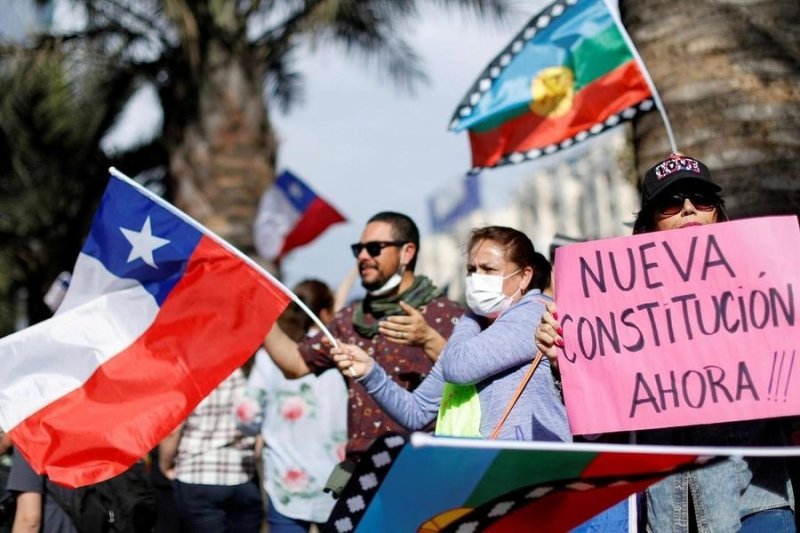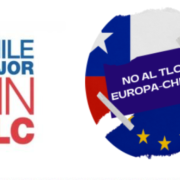
Chile is one of the Latin American countries most actively pursuing bilateral trade agreements
Chile has signed more or less comprehensive free trade agreements with the US, Canada, the European Union, EFTA, South Korea, Japan, Central America and Mexico. In June 2005, it finalized a four-way deal with Pacific neighbours Brunei, New Zealand, and Singapore (P-4). In June 2006, it signed an FTA with Panama. In February 2010, it signed one with Guatemala.
Chile is the first Latin American country to have sealed an FTA on goods with China (2005) and since early 2007 has been working with Beijing on an expansion of the deal to cover services and investment. Further agreements in this regard were reached during President Bachelet’s visit to China in April 2008. The services deal came into force in August 2010.
Chile also has bilateral “economic complementation agreements“ with Bolivia, Peru, Venezuela, Argentina, Ecuador, Colombia and Mercosur, as well as a partial agreement with Cuba.
In 2008, Chile signed FTAs with Australia, Honduras, and Colombia while expanding its agreements with Peru and Cuba.
In March 2011, Chile’s FTA with Turkey came into force, and in April 2012, an FTA with Malaysia came into force. Negotiations with Thailand, Vietnam, India and Hong Kong are still ongoing.
last update: May 2012
Photo: Jose Pereira









